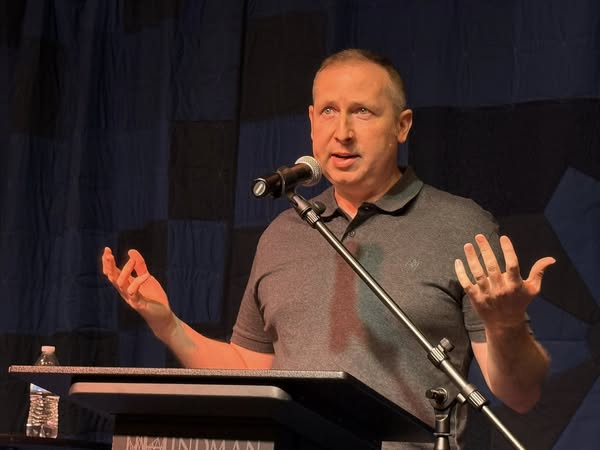We were lucky to catch up with Denton Loving recently and have shared our conversation below.
Hi Denton, thanks for joining us today. Learning the craft is often a unique journey from every creative – we’d love to hear about your journey and if knowing what you know now, you would have done anything differently to speed up the learning process.
I’ve been writing poetry for about fifteen years. Before that, I was writing mostly fiction. But as I attended writing workshops, I met a lot of poets and had the opportunity to hear them read their work. Those poems were so different from the poetry I had been taught in school. They really shifted my understanding of contemporary poetry. It was so much more accessible and felt more meaningful to me. I still didn’t understand it fully though, so I decided to try to write some poems just to learn how the mechanics worked and to be able to talk about poetry without feeling embarrassed about how little I knew. I found that I really enjoyed the process. It helped that I already had a background in writing. There were a lot of transferrable skills in all that I had learned about prose writing. And yet, poetry is its own animal. The language has to be condensed so that it isn’t prosaic but—for me at least—still sounds natural and conversational. When I first started, I was really shy to show my poetry to anyone because I knew it was so bad. But we’re not often very good at things we’re just beginning. Once I convinced myself to ask for help, I learned so much more, and my work improved.
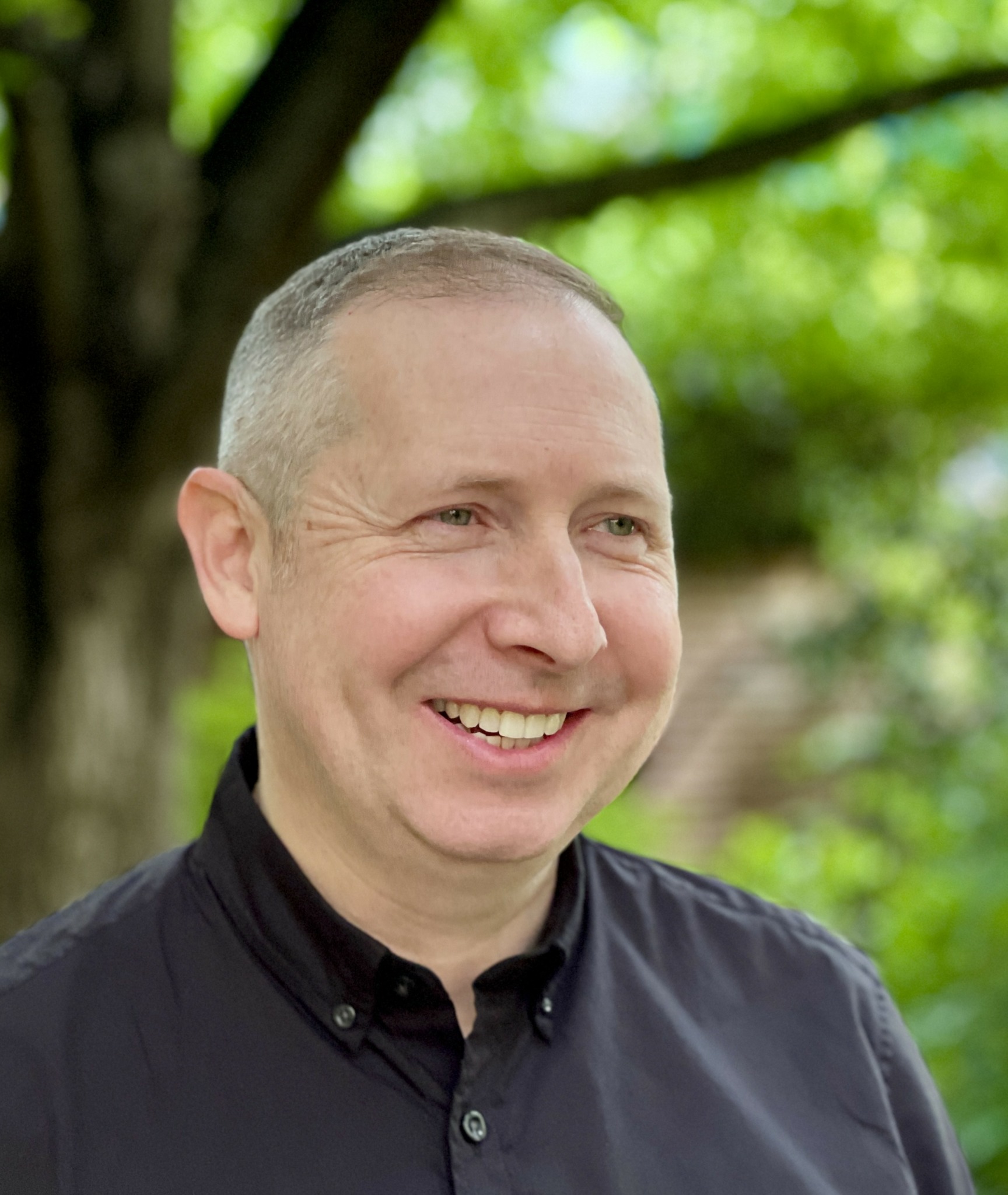
Denton, love having you share your insights with us. Before we ask you more questions, maybe you can take a moment to introduce yourself to our readers who might have missed our earlier conversations?
I’m a writer who lives on a farm near the historic Cumberland Gap, where Tennessee, Kentucky, and Virginia come together. I’ve written three poetry collections including Crimes Against Birds and Tamp, which was a finalist for the Weatherford Award and recipient of the inaugural Tennessee Book Award for Poetry. My newest collection of poems, Feller, was released on August 5th. Feller uses the natural world as both a mirror and a lens to explore themes of connection, longing, and the pursuit of a fully lived life. While the poems in Feller are about longing or desire, they’re also an investigation of the human struggle—the struggles we have with nature, with each other and even within ourselves. When I was writing the poems in Feller, I tried to depict our landscapes as more than a backdrop to our lives. Instead, I tried to think about our environments as forces that help reveal the hidden chambers of the self. These poems are deeply rooted in the Appalachian region where I live, but I hope that they are resonant to readers wherever they are.
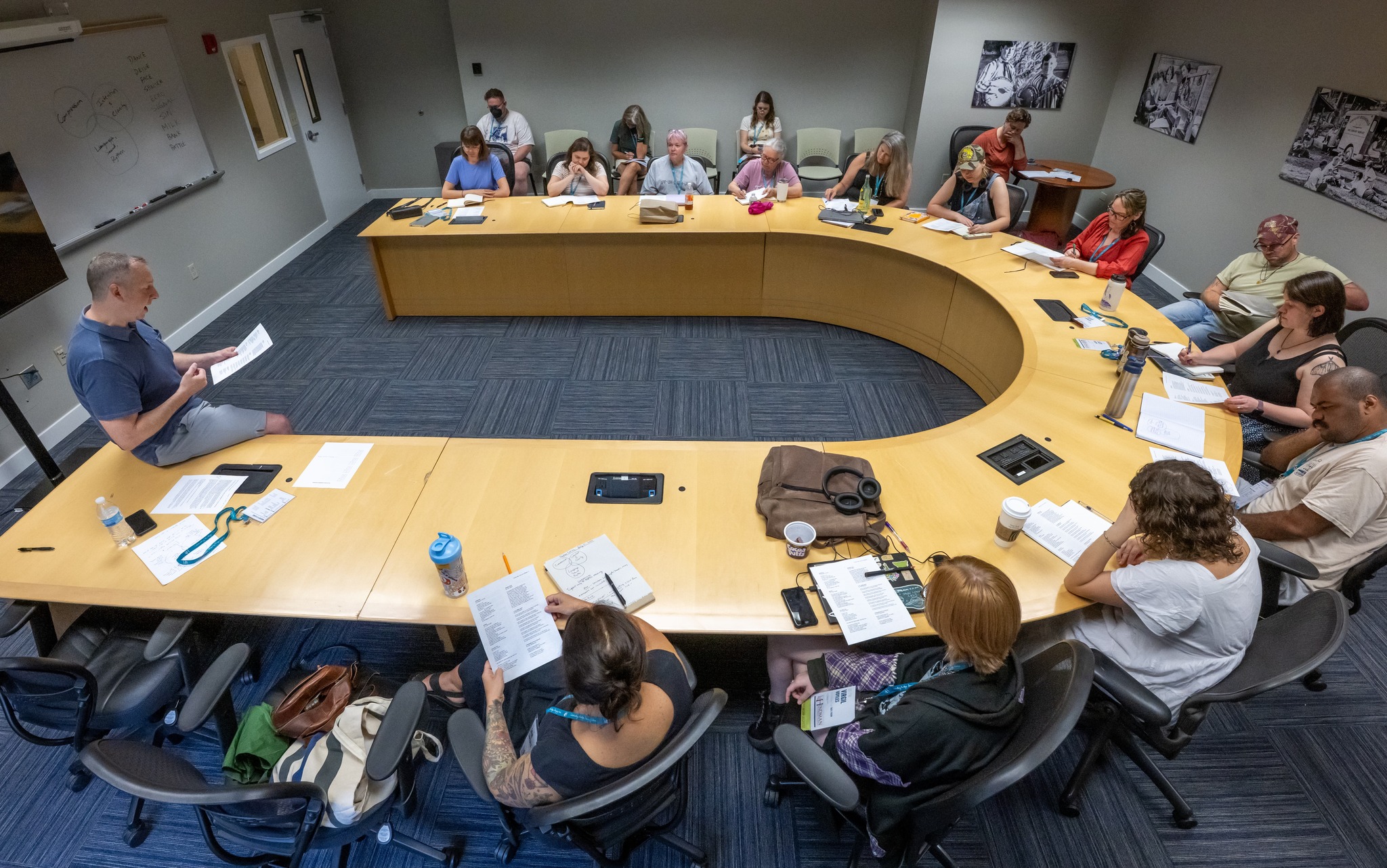
We’d love to hear a story of resilience from your journey.
All writers are forced to endure many rejections throughout their career, and it’s of course more difficult when you’re first starting out. Very few editors are banging on our doors to publish our work. So we have to submit our poems, stories, essays, etc., to literary journals and magazines and book publishers. It’s important to do research and familiarize yourself with the places where you want to be published, but at lot of times, it feels like the proverbial shot in the dark. It can also feel crushing to receive rejection after rejection for work you’ve tried so hard to make perfect. My feeling about all of this changed when my friend and mentor Darnell Arnoult challenged my writing group to submit our work enough that we would individually get 50 rejections in a year. We had been aiming for acceptances, of course. But Darnell taught us to reframe our expectations and to put the focus on submitting. After the first year, we all saw a marked increase in our acceptance rates because we were just submitting more actively. Instead of feeling terrible when a rejection arrived, we started to feel something closer to happiness because it meant we were getting closer to our goal. That doesn’t mean that certain objections don’t still sting. They do. But the process has really built up my tolerance. One of my favorite short stories received over 50 rejections before it was accepted and published in one of my dream journals. When I was a younger writer, I might have retired that story after a handful of rejections. But I kept revising the work along the way. I kept submitting, and it ended up in a better publication than many of the other journals that had rejected it.
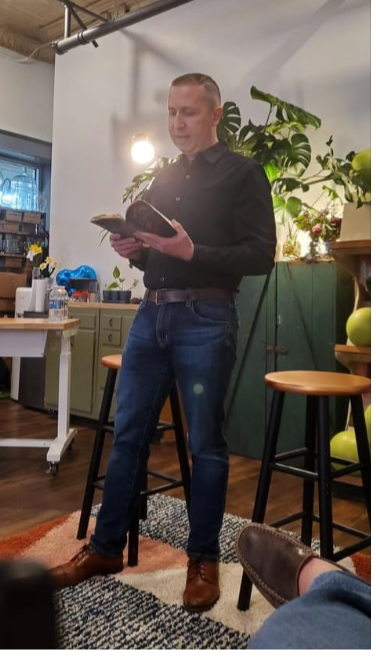
For you, what’s the most rewarding aspect of being a creative?
The most rewarding aspect of being a writer for me is the sense of community it brings. That can occur with other writers, especially with those writers I share early drafts with. It can occur at a public reading, both when I’m sharing my work and when I feel touched by work that someone else has shared. It can occur when I’m in the classroom, talking about writing and how to capture our experiences on the page. And it also happens when someone reads one of my books and lets me know that they felt something I wrote spoke to their own feelings. My second book, Tamp, is about my dad, and a lot of poems are specifically about my grief after his passing. I wrote those poems, in part, as a way to process my experience and to preserve memories of my dad. In that way, the poems were very personal and felt very specific. I didn’t expect for that book to help other readers who were also grieving, but time after time, people have told me that those poems helped them. It’s wonderful to connect with others in such a meaningful way.
Contact Info:
- Website: https://dentonloving.com/
- Instagram: https://www.instagram.com/dentonloving/
- Facebook: https://www.facebook.com/denton.loving
- Linkedin: https://www.linkedin.com/in/dentonloving/
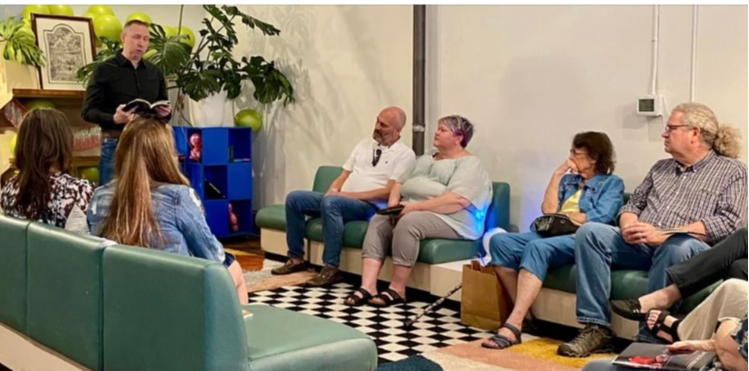
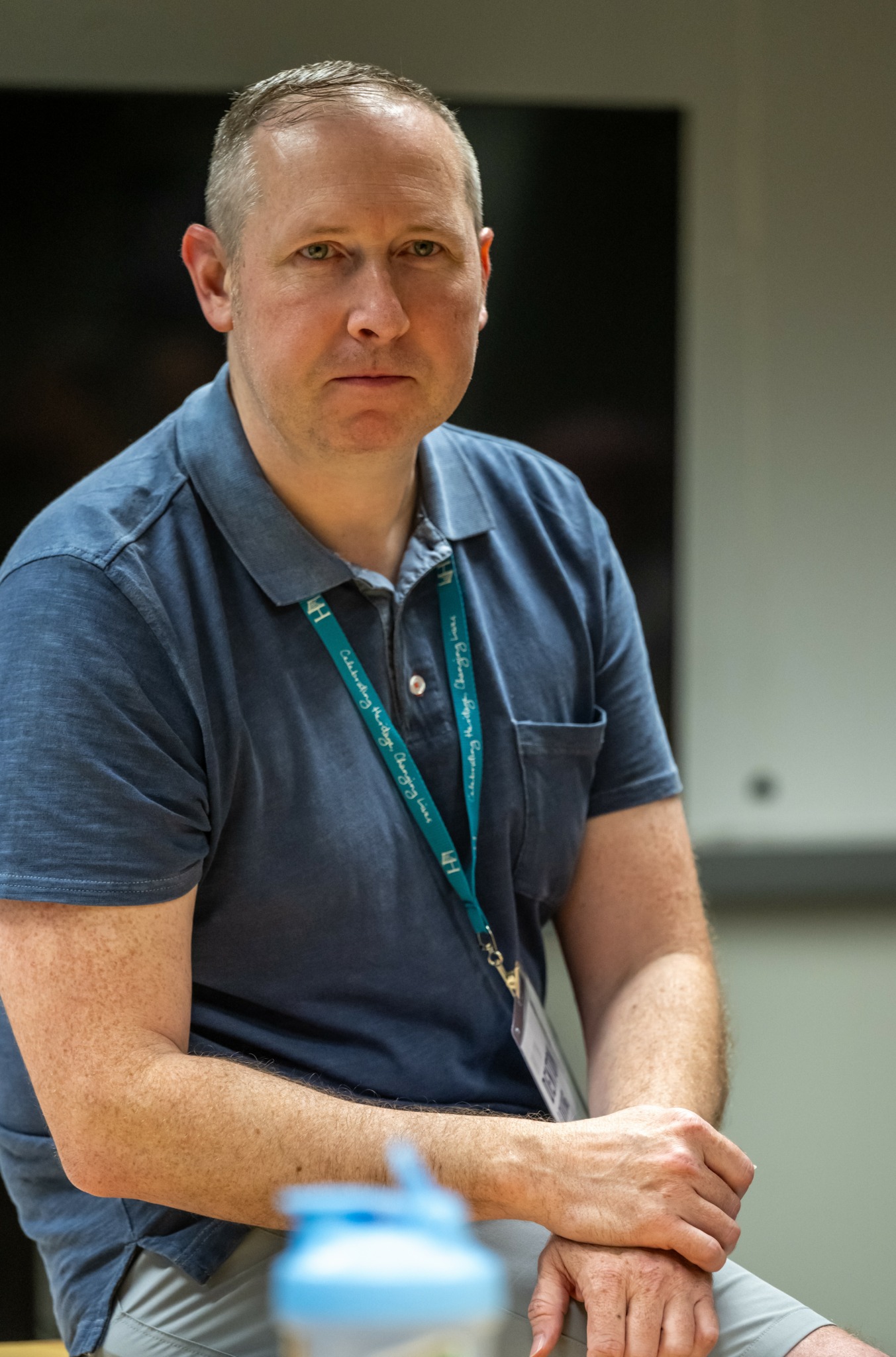
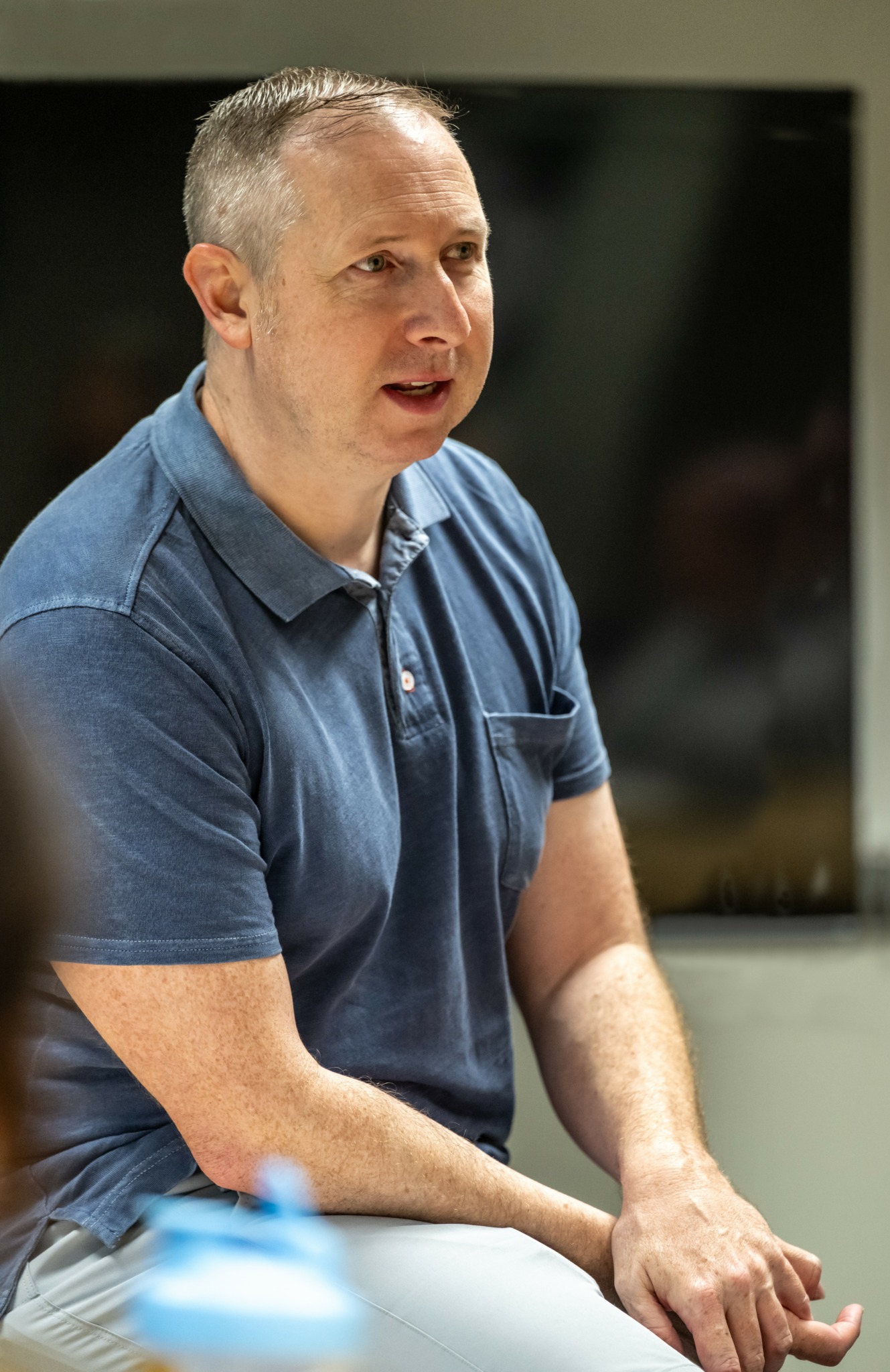
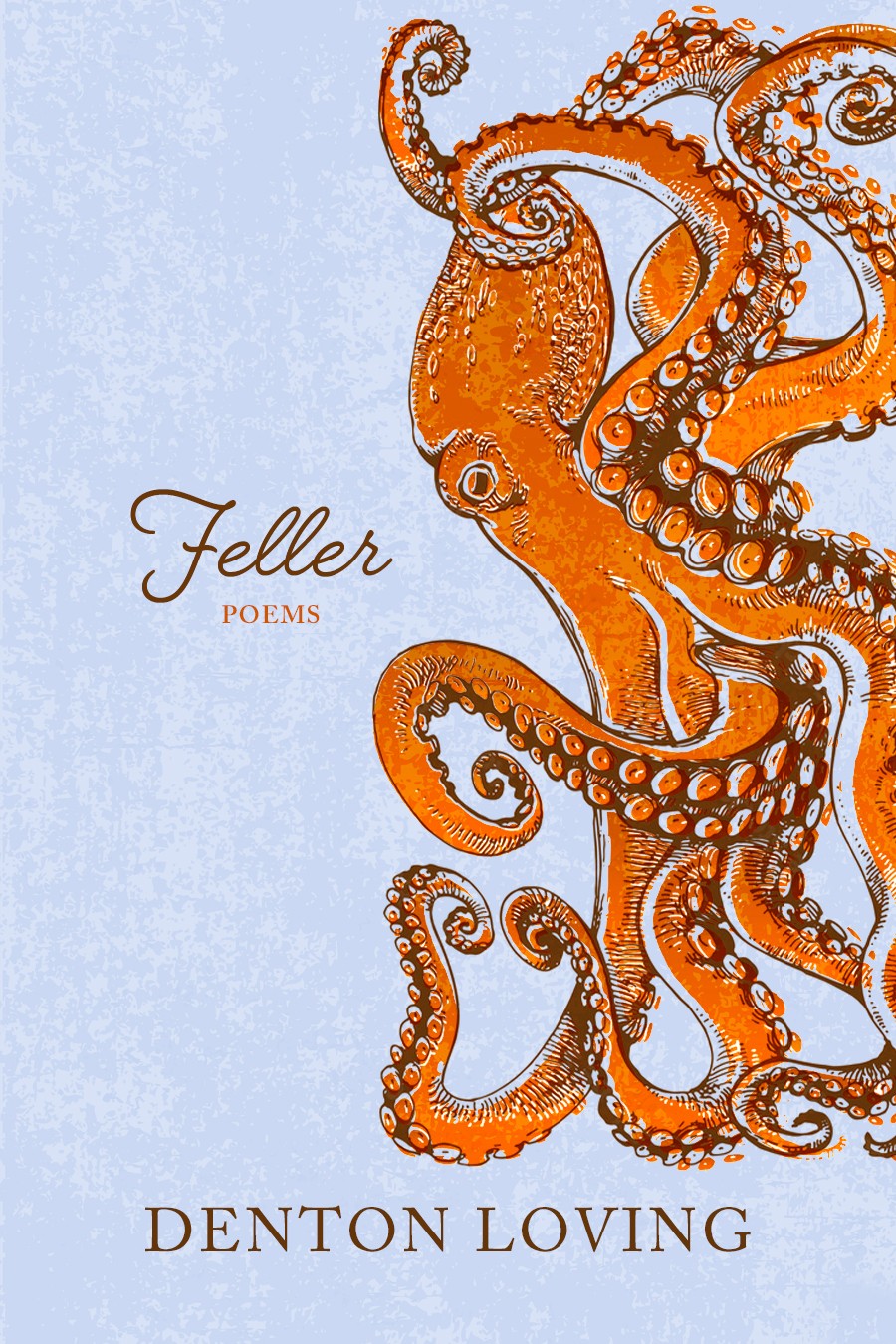
Image Credits
Kari Gunter-Seymour, Will Anderson, Donna Campbell, Thomas Alan Holmes, Chrissie Anderson Peters


